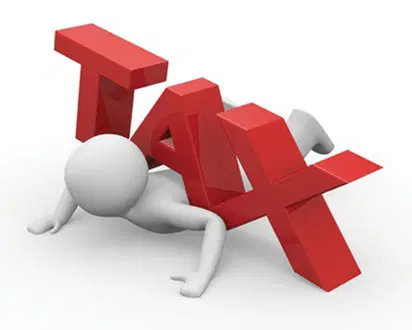Transportation is the lifeblood of Nigeria’s economy. From farmers moving produce to city markets, to traders shuttling goods across state lines, to commuters relying on buses and taxis for daily survival, millions depend on a functioning, affordable transport system. Yet, this sector has become one of the hardest hit by an age-old problem: multiple taxation.
Across the country, commercial drivers and transport operators face a dizzying array of levies, fees, and charges imposed by local councils, state governments, and federal agencies. From roadworthiness fees, park levies, and loading charges to informal “tickets” collected by unions and touts, transporters are forced to pay at virtually every checkpoint. In Lagos, for instance, a bus driver may pay up to ₦4,000 daily in levies before earning a single kobo for himself. Replicated across states, the sums are staggering, leaving drivers trapped in a cycle of over taxation and under-earnings.
These costs do not disappear; they are passed on to ordinary Nigerians. Fares rise as operators struggle to cover daily levies, high fuel prices, and vehicle maintenance costs. For low-income earners who already spend over 40 percent of their daily wages on transport, this is an unbearable weight. It is no surprise that inflation, worsened by rising transport costs, has left food and essentials further out of reach for many households.
The irony is that despite this flood of taxes and levies, Nigeria’s roads remain deplorable, traffic chaos persists, and public transport infrastructure is grossly inadequate. The funds collected rarely translate into better services or safer highways. Instead, the system has become a form of legalised extortion, enriching a few, while punishing the majority.
The government must confront this problem head-on. Streamlining taxes on transportation into a single, transparent, and accountable system will ease the burden on operators and passengers alike. More importantly, revenues must be reinvested into maintaining roads, expanding rail and bus networks, and providing a modern, affordable mass transit system.
At a time when Nigerians are battling record inflation and shrinking incomes, the state must stop using transporters as cash cows. A humane, rational tax structure for the transport sector is not just economic policy; it is social justice. Unless urgent reforms are made, multiple taxation will continue to choke the sector, deepen poverty, and widen the inequality gap.
The masses deserve relief, not punishment, for merely trying to move from one point to another.





